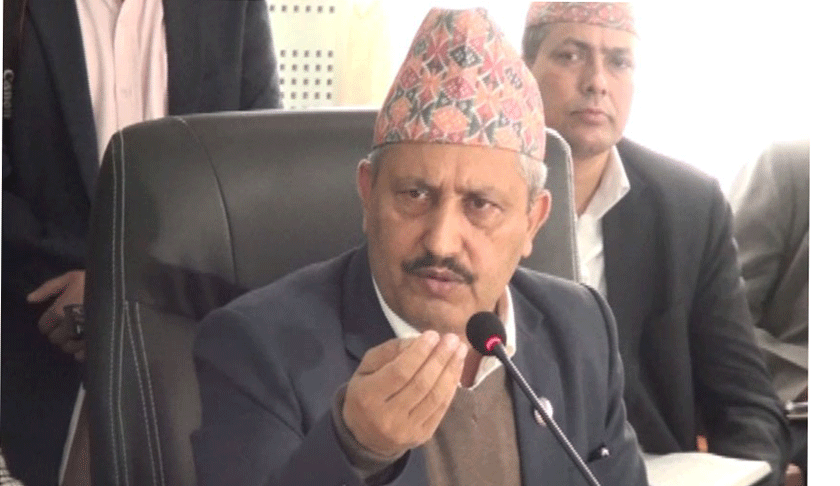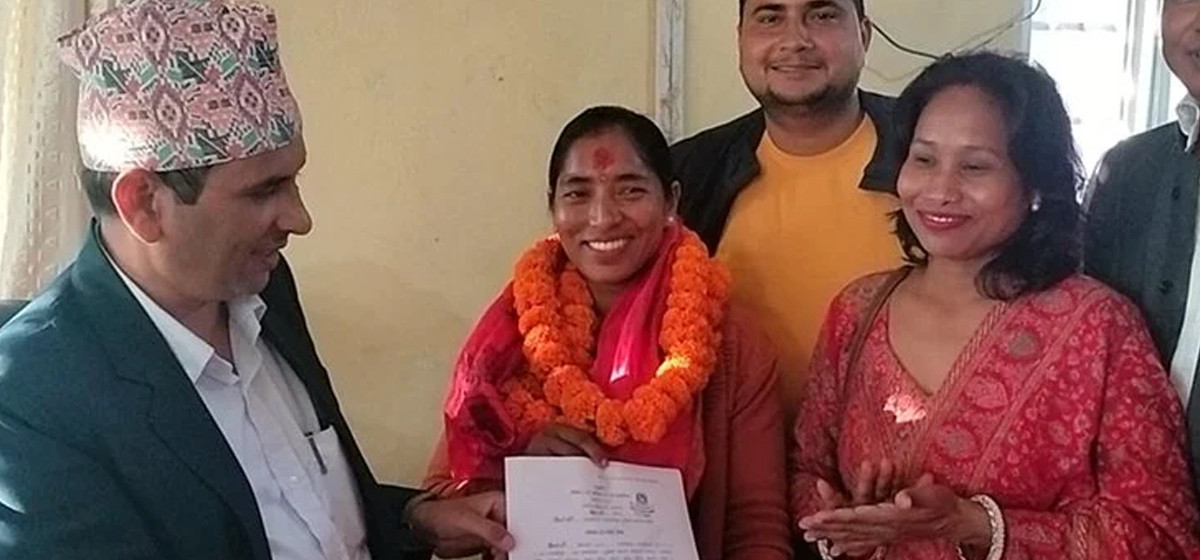Appointment of a vice chancellor (VC) is done much like the appointment of ambassadors and cabinet portfolios. And just like ambassadors, a university VC does not survive long once s/he loses their political clout. This is unfortunate. The current system compels a VC to spend more time maintaining his/her political clout in the halls of power and less time developing strategies for a smoother management. Worse still is that as the lifespan of big shots in Singha Durbar shortens, so does the life span of a VC. Such unpredictable leadership results in poor accountability and low morale of the entire management.
Contrast this situation with a suggestion put forward by Professor Alok Bohara of New Mexico University. In a recent article published in one of Nepal’s English daily, Professor Bohara suggests that recruiting efforts be led in a transparent manner by a committee of about a dozen permanent faculty members. This committee would shortlist three candidates and the board of directors would choose one from the list. This suggestion, once implemented, would certainly minimize political influence in an academic institution and built a co-operative environment among faculty and administrators. But this change alone is not going to be sufficient. Some other changes need to be made to make sure that a VC serves the interest of the institution and no one else.
The selection should be done from a wider talent pool that includes business professionals, politicians, public policymakers or for that matter anyone who can convince the committee of his capability to lead the institution. In order to attract top talent from diverse areas, the institution must ensure a better salary. In the United States, the chief of the university is paid about five to 10 times more than the average starting salary of professors in the university. A similar trend must be adopted in order to attract talented individuals. The benefits of having a talented person leading the institution far outweigh the cost of paying several new faculty members.
Even an extraordinarily talented VC may have the tendency to slack in the absence of right incentives. To provide incentives, the appointment must be done on a contract basis. The contract should be for about eight years with the possibility of renewal for another term. This would give the much needed sense of security, ample opportunity to leave a mark on the institution and the incentive to meet expectations to be rehired. And, if the VC does not perform as expected, the university will have the option to replace him.
Changes also need to be made to hold the head of the university accountable. At any time, if two-thirds of the faculty believes that the chief of the university in not serving the interest of the university well, the faculty should have the right to impeach him/her.
The government should have no role in the dismissal of a VC. In short, the government’s role ought to be limited to giving money for specific purposes on certain conditions and holding the university accountable to the monies given. Other than that, the government needs to keep its hand out of universities.
The intent of an academic institution is to add value to their students and produce scholarships that may shed light on the problems of our society. Unfortunately, Nepal’s higher education has wandered away from its key objectives.
It is central to the development of our country that university students stay focused and develop better skills and a better sense of what it means to live in a democratic society. It is in the character, wisdom and skills of these very university students that the future of the country rests.
Nepalis living in Nepal and abroad with interest in seeing a vibrant academic environment have dutifully petitioned the Prime Minister’s Office to act. One can only hope that the prime minister will speak directly to the public on policy matters, such as reforming higher education, and set a higher standard of keeping the public informed.
(Writer is an Assistant Professor of Economics and Finance at Texas A&M International University in Texas, US.)
680anand@gmail.com
Why is an "NOC" required while going abroad for higher educatio...
































